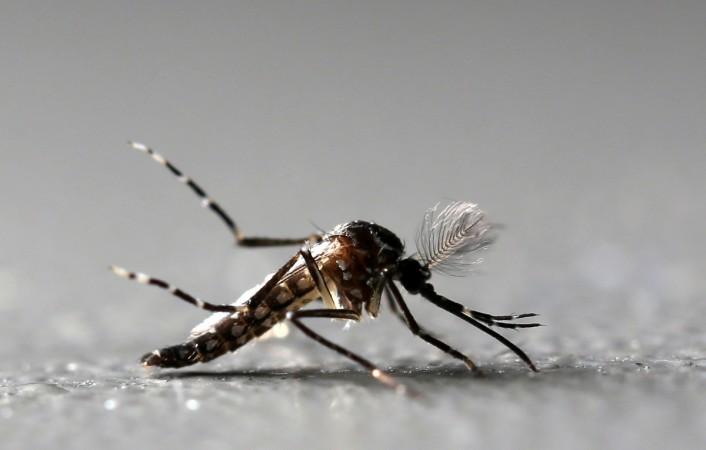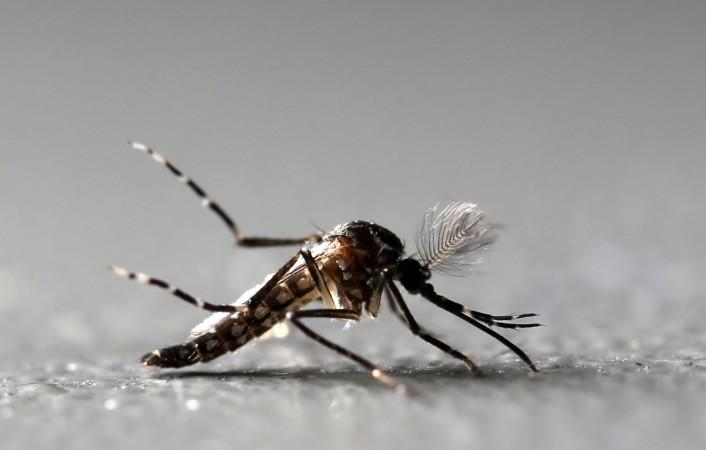

Zika virus is known for causing brain damage in babies, but according to a shocking finding, the same disease causing microbe is found to cure brain cancer in adults.
ALSO READ: Pregnant Kate Middleton suffering from rare condition; top 5 things about hyperemesis gravidarum
This breakthrough discovery was made by the American scientists. The WHO had declared Zika virus to be a public health emergency of international concern in 2016.
According to the latest finding, Zika virus can actually be a remedy for -- Glioblastoma – the most common form of adult brain cancer. The virus can choose, infect and kill the cancerous cells.
Scientists observed that the Zika virus had reduced the tumours without harming the other part of the brain.
Researchers said the virus can be injected into the brain during the surgery for eradicating deadly tumours, according to the Journal of Experimental Medicine.
ALSO READ: THIS tell-tale sign indicates if a person is good in bed
Samples of human cells were treated with Zika virus in a lab and it seemed to work.
"They are fast growing and diffuse, meaning they spread through the brain, making it difficult to see where the tumour ends and the healthy tissue begins," as quoted by a BBC.
The present techniques like surgery, chemotherapy and radiotherapy, which are used to remove these cancers are not effective enough to undo the disease completely. Zika therapy seems to be more efficient than the conventional methods.
The glioblastoma stem cells are believed to form new tumour cells by growing and dividing rapidly despite medication.
The researchers revealed there are plenty of stem cells present in the brains of infants, hence Zika virus is so harmful to them. Whereas in adult brains the number of stem cells is lesser, this means there will be lesser harm caused to the brain if it undergoes Zika therapy.
The Zika virus is being modified by researchers from Washington University School of Medicine and the University of California San Diego School of Medicine. The researchers aim to create a docile version of the virus.
"Once we add a few more changes, I think it's going to be impossible for the virus to overcome them and cause disease," stated Dr Michael Diamond, as quoted by BBC.
"It looks like there's a silver lining to Zika. This virus that targets cells that are very important for brain growth in babies, we could use that now to target growing tumours," he added.
According to Dr Diamond, human trials will be conducted within 18 months. Similar trials are being carried out by the researchers at the University of Cambridge.











